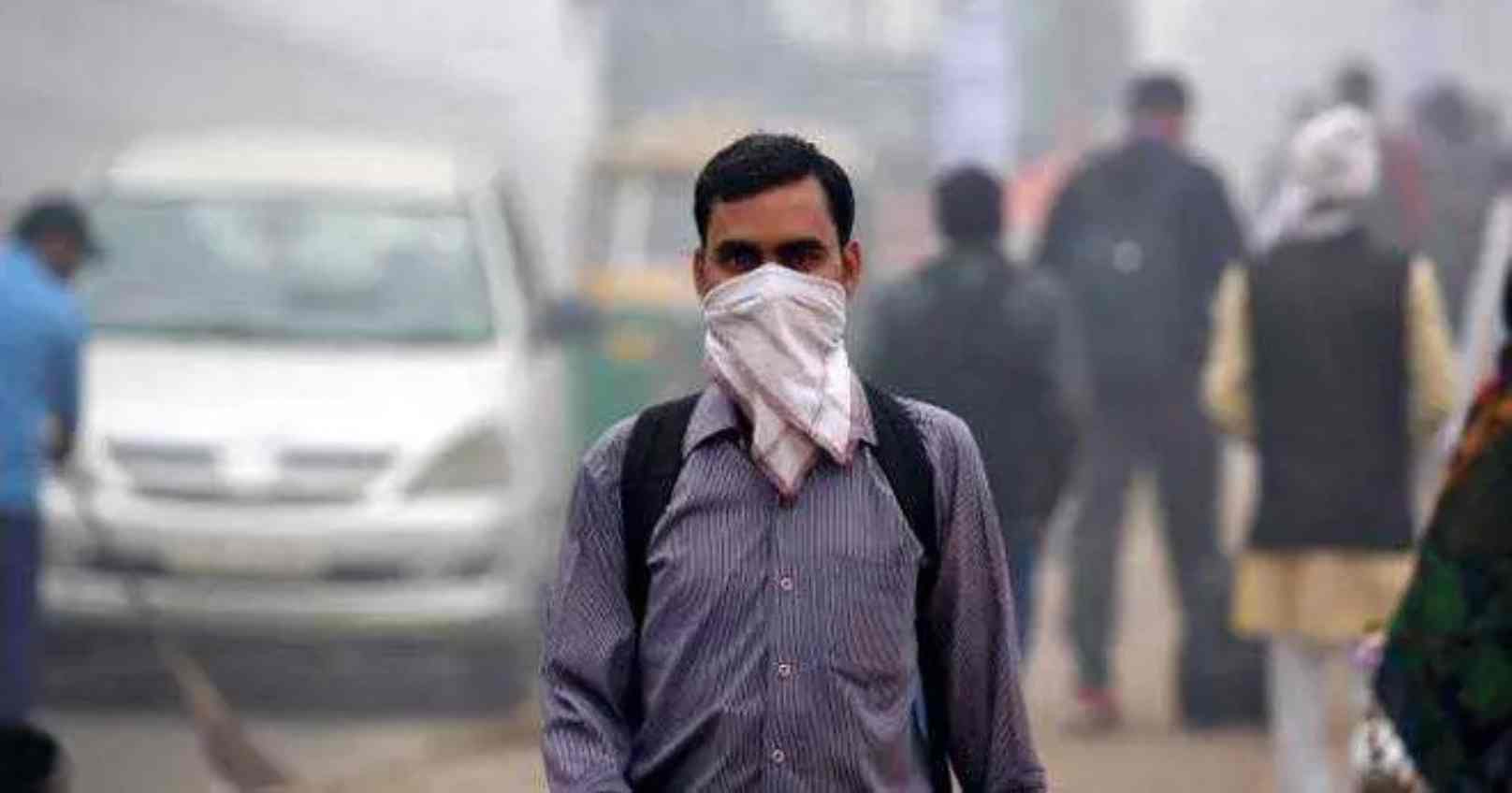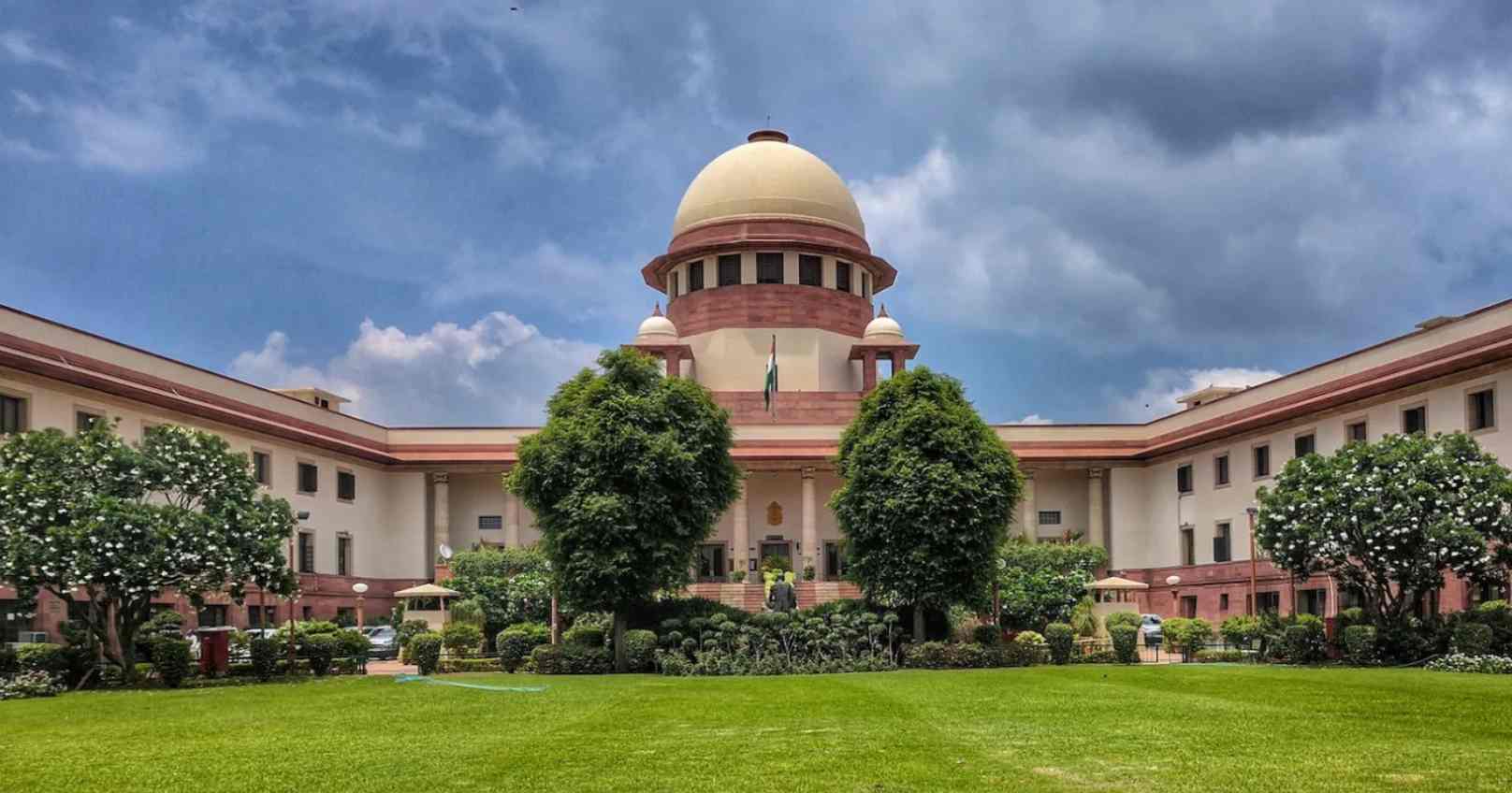In response to the ongoing issue of stubble burning in neighboring states, which is contributing to severe pollution in Delhi, the Supreme Court on Wednesday criticized the Centre for weakening the Environmental Protection Act through amendments. The court emphasized that no significant punitive action was being taken to address the pollution caused by stubble burning, with only minimal fines being imposed.
Additional Solicitor General (ASG) Aishwarya Bhati, representing the government, assured the court that rules would be finalized within 10 days, making the Act fully functional again.
The court expressed frustration with the Centre's inaction, stating, "The Environmental Protection Act has become toothless. You have replaced punishment with a mere penalty by amending Section 15, and the current procedure for imposing penalties is ineffective." Section 15 of the Act deals with penalties for non-compliance. The court directed the government to revise the law and increase environmental compensation fines for violators.
The ASG informed the court that notices had been issued to key officials in Punjab and Haryana regarding the enforcement of the Act. "Section 15 will be fully operational within 10 days," Bhati said.
The court, however, voiced its skepticism, stating, "If you and the state governments were genuinely committed to protecting the environment, these changes would have been made before the amendments. This is all political."
The air quality in Delhi remains in the "very poor" category, with several areas registering as "severe" on Wednesday, as stubble burning in Punjab and Haryana continues to contribute significantly to the pollution during the onset of winter.
Court Criticizes Punjab, Haryana Over Stubble Burning Penalties
The court also admonished the state governments of Punjab and Haryana, dismissing their actions against farm fires as "mere eyewash." It highlighted that in the last hearing, it had already expressed its dissatisfaction with the lack of punitive measures against violators of the stubble burning ban.
The court noted that not a single prosecution had taken place in Punjab, accusing the state's chief secretary of providing false information regarding requests for funds for tractors and diesel for farmers. "You will have to answer why a false statement was given to the Advocate General of Punjab. We will issue contempt orders," the court warned.
In response, senior advocate Abhishek Singhvi, representing Punjab, assured the court that stricter action would be taken going forward.
The court was also critical of Punjab’s collection of small fines (Rs 2,500 each) from farmers engaged in stubble burning, with the state arguing that the amount was determined by the Commission for Air Quality Management (CAQM). The court dismissed the fines as ineffective deterrents, stating, "Such nominal penalties only signal to violators that there will be no real consequences. This has been going on for the last three years."
The Supreme Court will resume hearing the matter after the Diwali break.







